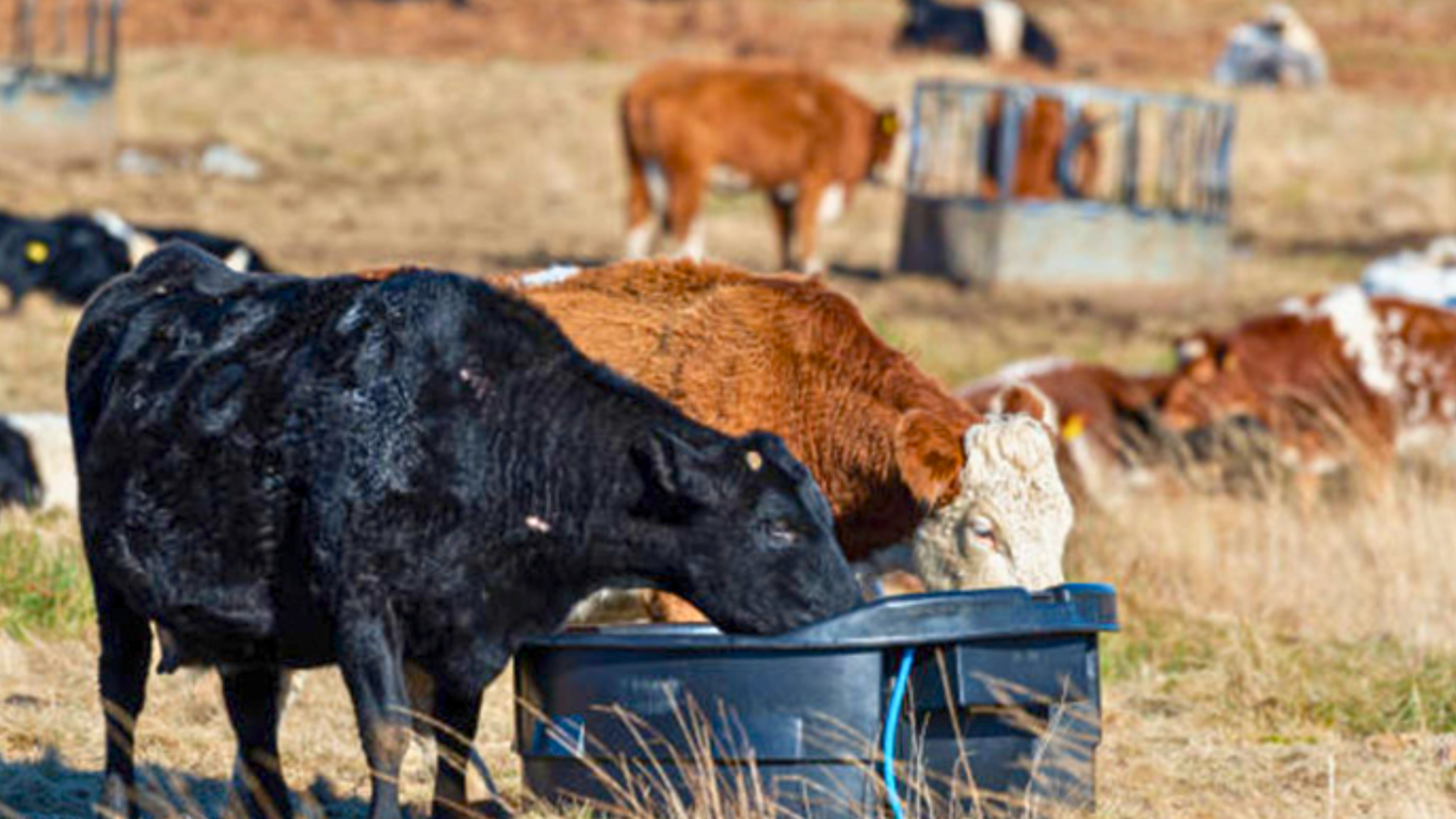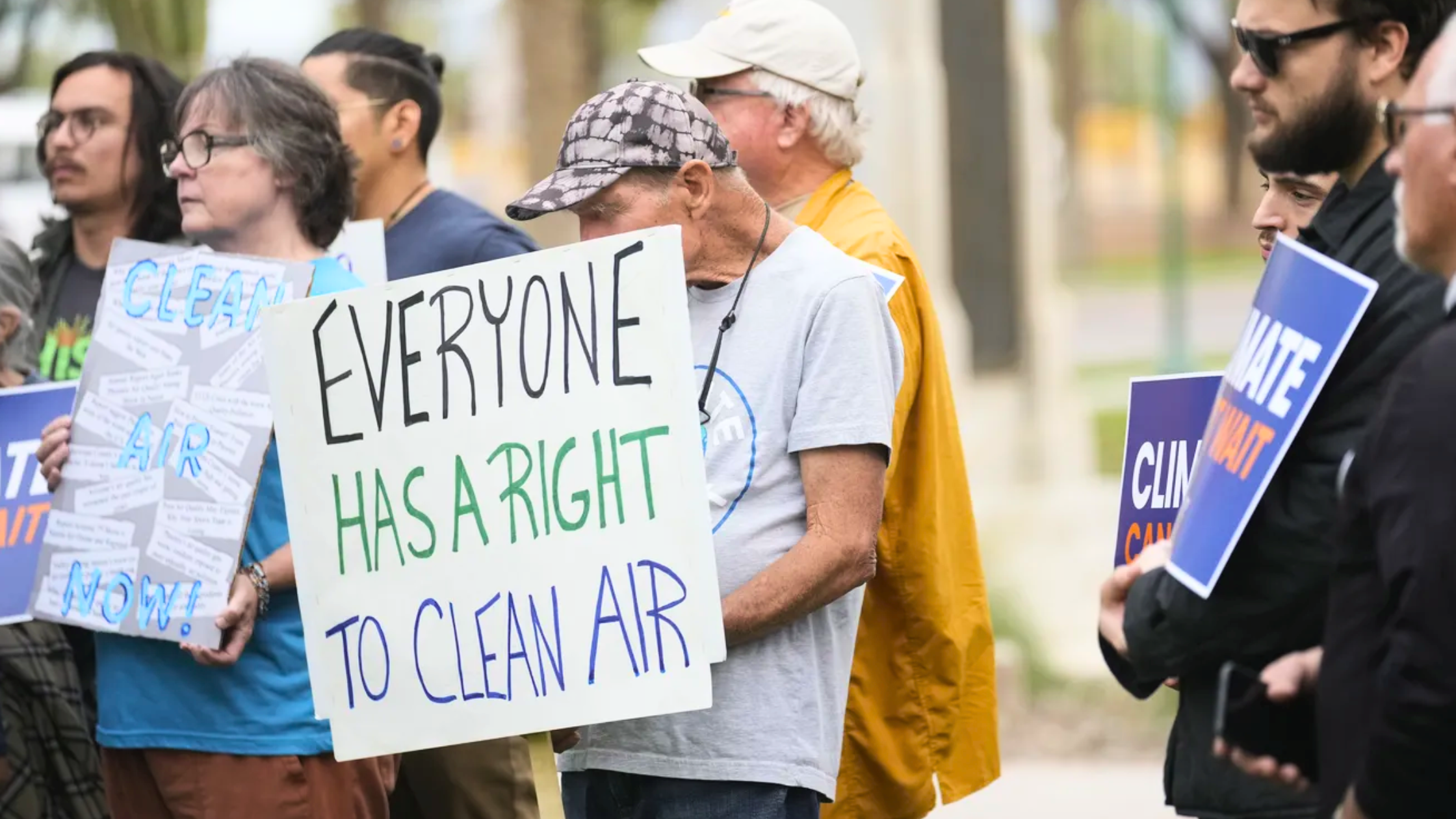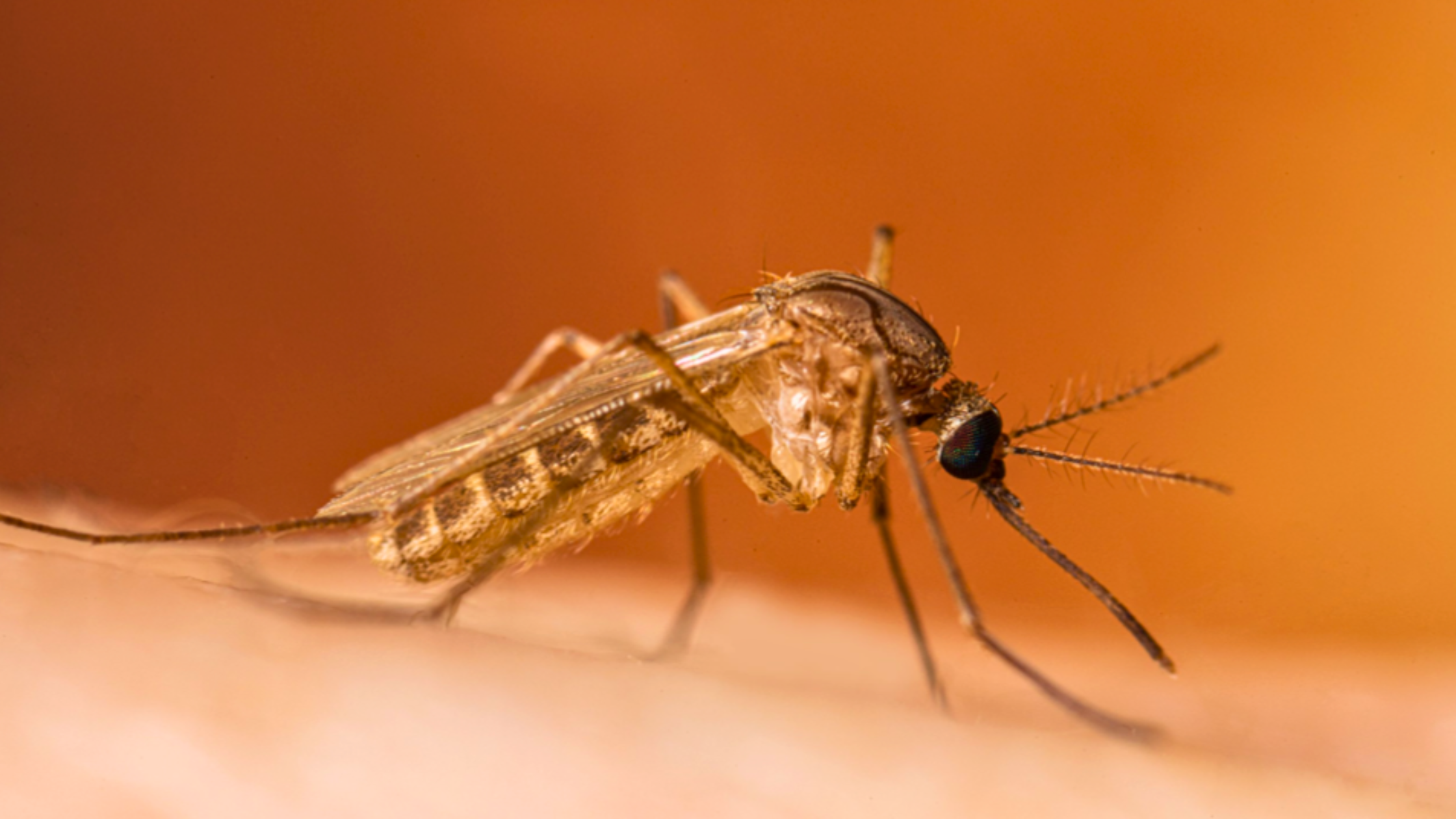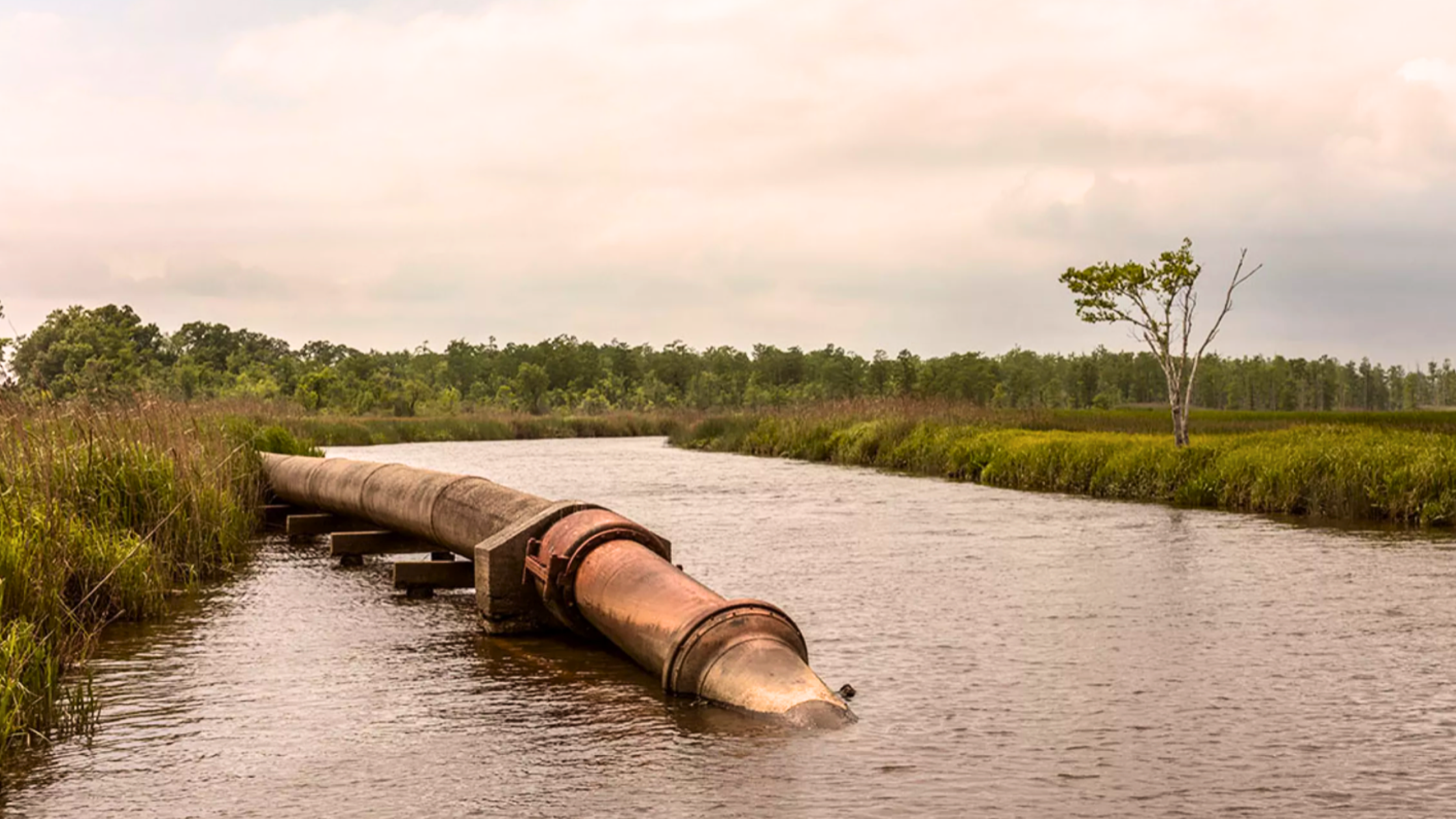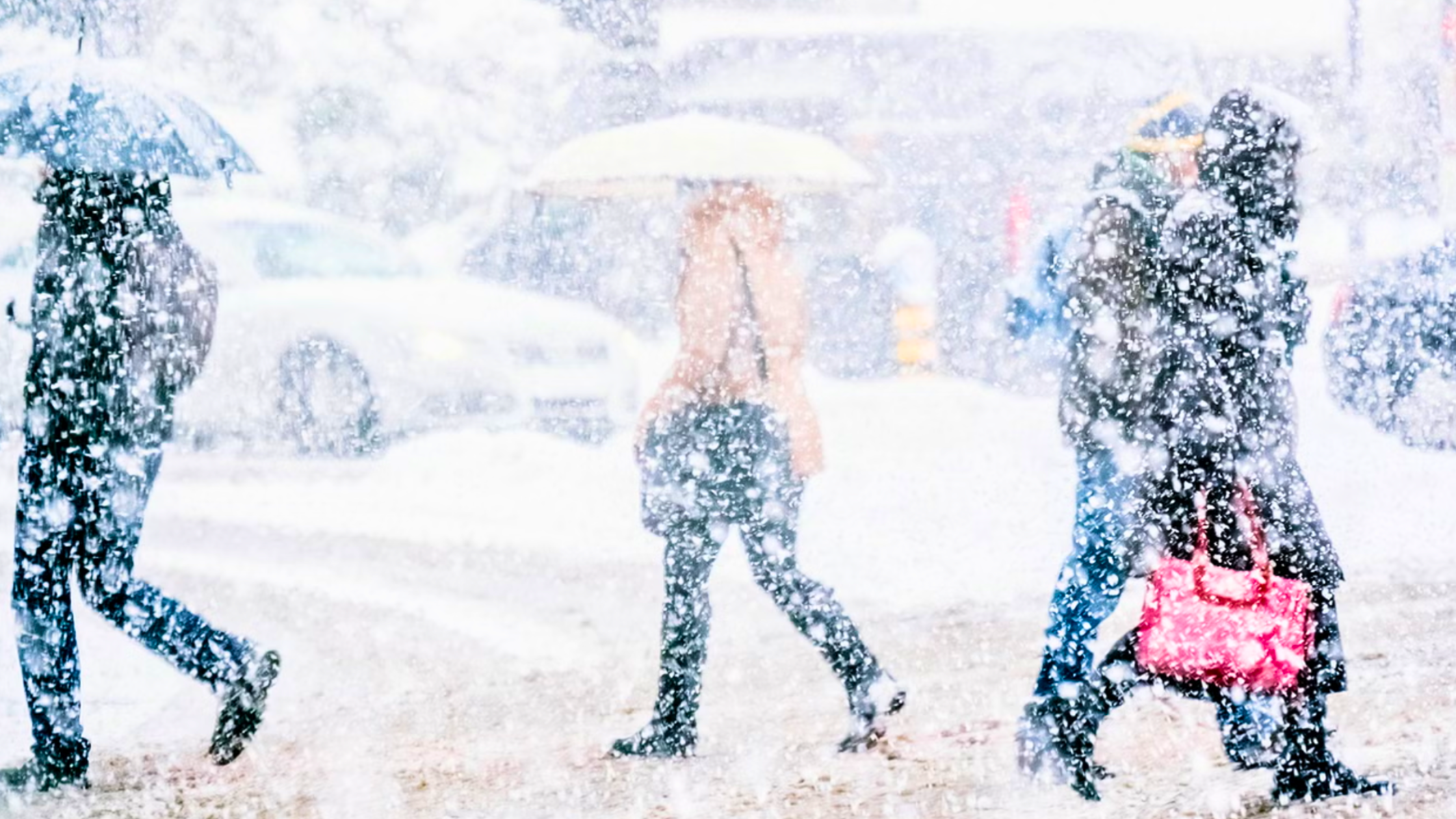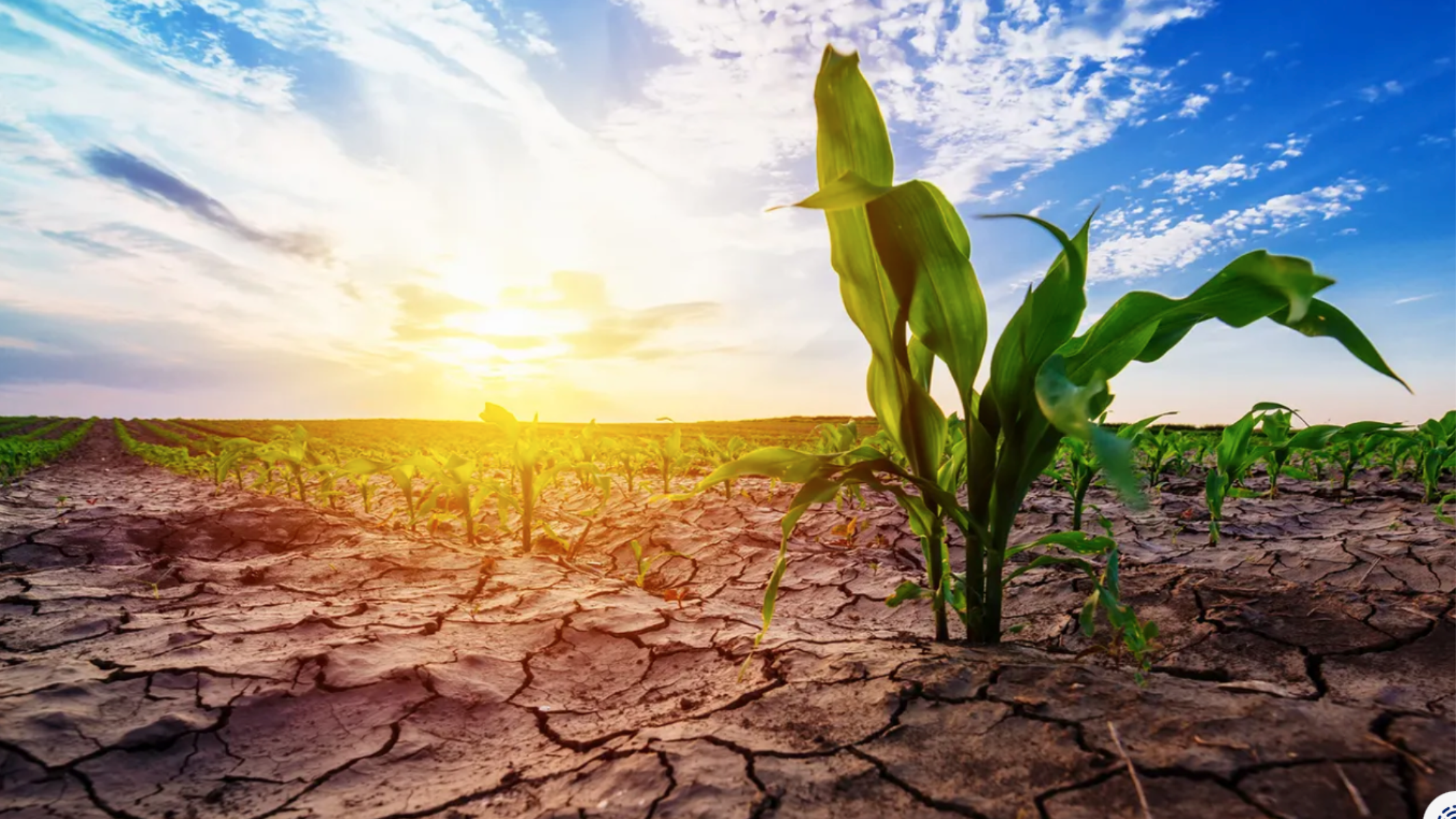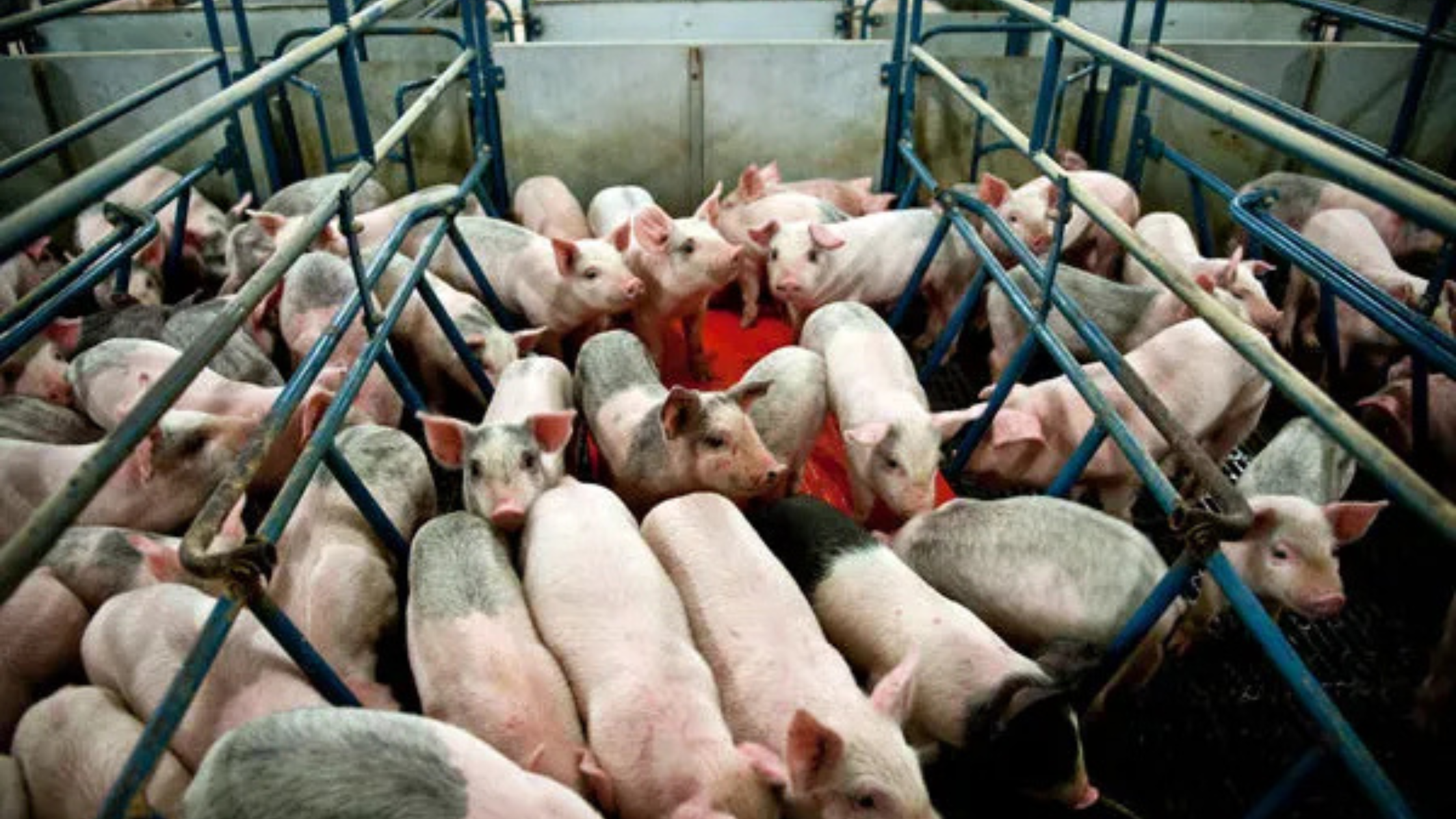NEWS + RESEARCH
Got Water? The Dark Side of Cattle Farming
(January 16, 2026) The global cattle industry is draining massive amounts of water, especially in drought-prone regions. Rising demand for beef and dairy is worsening water scarcity, threatening both people and ecosystems.
Change the Chamber to the EPA: “Our lives are worth more than corporate profits!”
(January 14, 2026) The EPA’s latest move puts corporate profits ahead of public health, ignoring the real dangers of air pollution. Children, seniors, and frontline communities are left to bear the brunt while the agency counts dollars, not lives. This is a crisis we cannot—and will not—accept.
The Hidden Health Crisis of a Warming Planet
(January 13, 2026) Climate change is no longer a distant environmental threat—it is directly affecting human health. By expanding the range of disease-carrying vectors and increasing zoonotic transmission, a warming planet is driving the rise of infectious diseases worldwide.
Poison That Lingers: North Carolina’s PFAS Crisis
(December 17, 2025) North Carolina has lived with forever chemicals for decades, and now the government is asking communities to wait even longer. The harm is slow, invisible, and deadly, and the state is being forced to endure it.
What a La Niña Winter Really Means
(December 14, 2025) La Niña is returning stronger this winter, bringing record cold, heavier storms, and worsening droughts across the U.S. Frontline communities are hit hardest, highlighting the urgent need for preparation as climate change intensifies these extremes.
COP30: Key Outcomes and Implications
(December 10, 2025) COP30 sparked hope with new forest and Indigenous protections and climate funding, but the fossil fuel deadlock shows we’re still far from the action the planet urgently needs.
Change the Chamber Warns: EPA’s Methane Delay Endangers Our Future
(December 8, 2025) The EPA’s delay of vital methane rules gives polluters a pass while communities face escalating heat, dirtier air, and mounting health risks. Choosing industry shortcuts over public safety threatens our climate, our economy, and the future young people are fighting to protect.
Soil Erosion, Soil Weathering, or Soil Degradation: What’s the Difference and Why Should We Care?
(December 5, 2025) Soil erosion, weathering, and degradation each impact the land differently, but erosion is stripping away fertile topsoil at alarming rates, threatening food systems, water quality, and ecosystems.
Climate Change’s Threat to Agriculture & Global Food Supply
(December 4, 2025) Farmers everywhere are watching once-reliable harvests wither under extreme heat and drought. The science is clear: warming is eating our food supply faster than we can adapt.
A Humanitarian Alarm in Cox’s Bazar
(November 28, 2025) USAID cuts are worsening the crisis in Cox’s Bazar, Bangladesh leaving Rohingya families struggling to survive. The future for millions hangs in the balance.
The Gambia: A Small Nation with a Big Fish Problem
(November 21, 2025) Foreign overfishing and fishmeal factories are stripping The Gambia’s waters, driving up food prices, and polluting coastal communities. Weak regulation and corruption have turned a basic food source into a tool of exploitation.
What Are Asbestos and Lead, and Why Should We Care?
(November 16, 2025) Asbestos and lead are dangerous, long-lasting pollutants that threaten our health and environment, even as political battles continue to put their protections at risk. Recent gains, like the asbestos ban and stronger lead standards, now face renewed uncertainty, making it urgent to defend these lifesaving safeguards.
Change the Chamber Urges Congress to Choose People Over Polluters
(November 13, 2025) Change the Chamber calls on Congress: will you choose people over corporate polluters? Americans need clean air, affordable energy, and safe communities, not empty deals. (Full statement below.)
Conflict and Conservation: How War Is Devastating the DRC’s National Parks
(November 11, 2025) War and poverty are tearing through the DRC’s national parks, driving poaching, corruption, and the loss of endangered species. Amid the devastation, a few protected areas like Garamba offer rare hope for recovery.
The Real Cost of Hog Farming: How North Carolina’s Pork Industry Fuels an Environmental Justice Crisis
(October 29, 2025) Billions of gallons of hog waste are poisoning Eastern North Carolina, and the communities hit hardest are Black and brown families living nearby.
